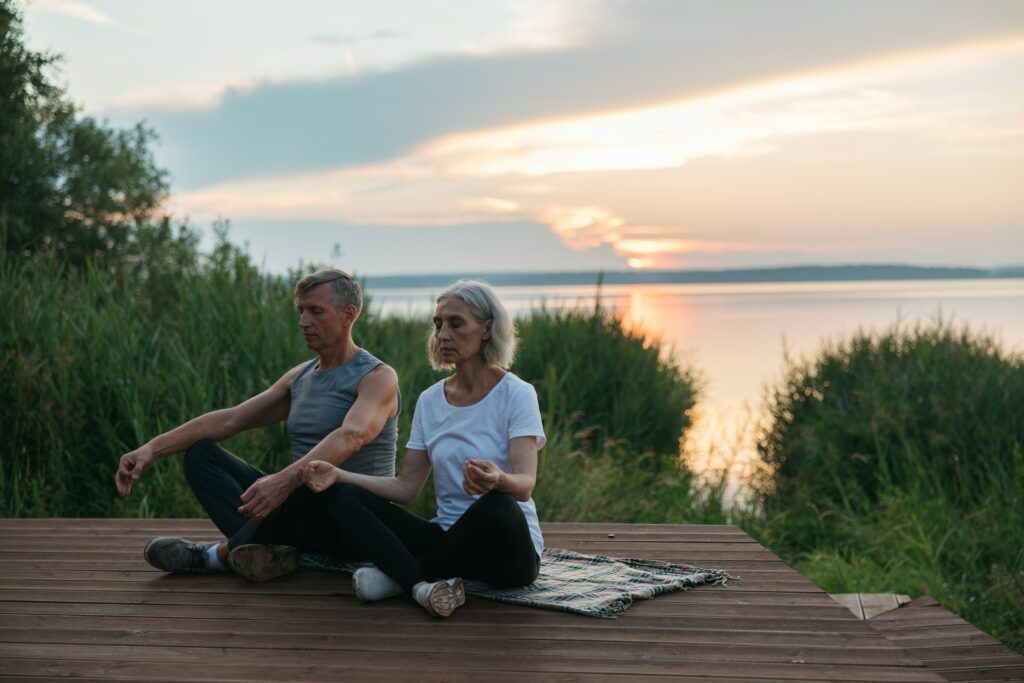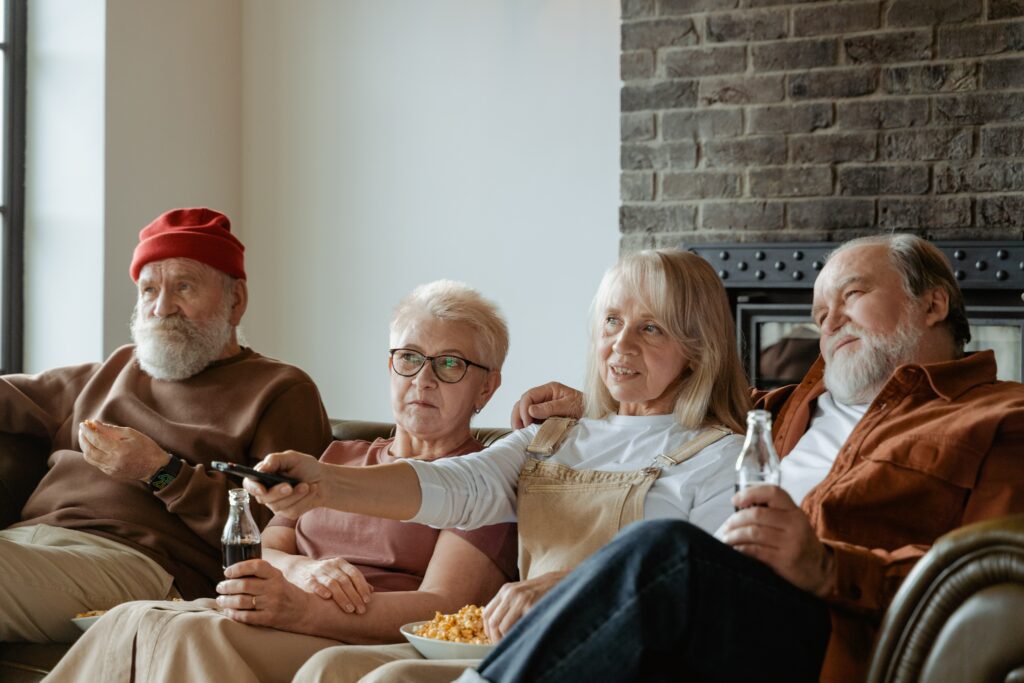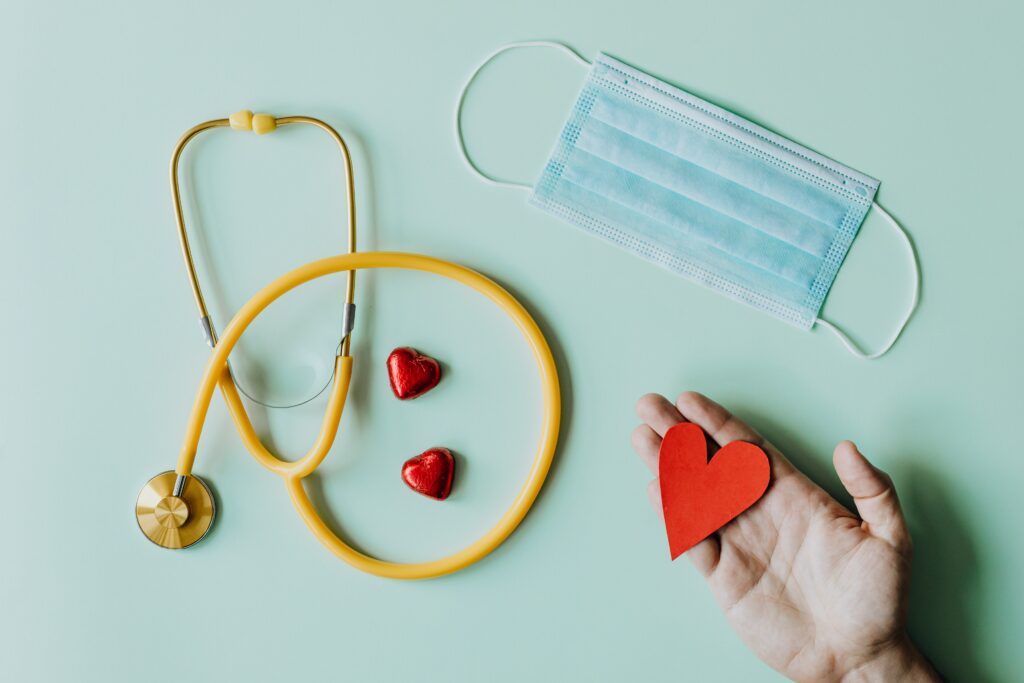Proven Ways To Maintain A Youthful Appearance
Many people aspire to maintain their youthful appearance, even as they age for many reasons.
Maintaining your appearance even as you age is not just an indicator of good health but is also important in helping boost your self-esteem and confidence, positively impact social and professional interactions, and can simply make you feel happier and more satisfied with your overall quality of life.
While no magical elixir defies aging, various proven ways exist to maintain a youthful appearance which we will discuss in this article.
Tips to Maintain a Youthful Appearance
Here are some tips for older adults to stay young and healthy-looking.
1. Stay Active
Regular exercise is essential to keep the body and mind active. It helps maintain a healthy weight, promotes good circulation, and strengthens muscles and bones. Exercise also releases endorphins, known as the “feel-good” hormones, that can help reduce stress and promote a positive outlook.
Must read: Maintaining Mobility As You Age
Recommendations:
The Centers for Disease Control and Prevention (CDC) provides guidelines for physical activity for older adults, including recommended exercise types. According to the CDC, older adults should engage in the following:
- Aerobic activity: Older adults should aim for at least 150 minutes of moderate-intensity aerobic activity per week or 75 minutes of vigorous-intensity aerobic activity per week. This can include brisk walking, swimming, cycling, or dancing.
- Muscle-strengthening activity: Older adults should also do muscle-strengthening activities that work for all major muscle groups on two or more days per week. This can include lifting weights, using resistance bands, or doing bodyweight exercises.
- Balance training: Older adults should also include activities that improve balance, such as standing on one foot, heel-to-toe walking, or yoga, three or more days per week.
It’s important to note that older adults should consult with their healthcare provider before beginning any new exercise program, particularly if they have any underlying medical conditions. Additionally, the intensity and duration of exercise should be adjusted based on individual fitness levels and abilities.
Must read: Best Exercise Equipment For Elderly
2. Eat a Balanced Diet
A healthy and balanced diet is vital for maintaining a youthful appearance. Eating plenty of fruits, vegetables, lean protein, and whole grains can provide essential nutrients that help keep the skin and body healthy. More so, staying hydrated by drinking plenty of water is also essential.
Recommendations:
The Academy of Nutrition and Dietetics provides guidelines for a healthy diet for older adults, which includes recommended foods and nutrients. According to the Academy, older adults should aim for the following:
- Adequate hydration: Older adults may be at higher risk for dehydration, so it’s important to drink plenty of fluids throughout the day, including water, low-fat milk, and herbal tea.
- Various fruits and vegetables: Older adults should aim for at least 2.5 cups of vegetables and 1.5 cups of fruit per day. Your vegetables and fruits can include fresh, frozen, or canned options.
- Whole grains: Older adults should aim for at least half of their daily grain intake to come from whole grains, such as brown rice, quinoa, and whole wheat bread.
- Lean protein sources: Older adults should aim for at least 5-6 ounces of protein daily from lean meats, fish, poultry, beans, and nuts.
- Healthy fats: Older adults should include healthy fats in their diet, such as olive oil, avocado, and nuts.
- Adequate calcium and vitamin D: Older adults should aim for 1200 mg of calcium and 800-1000 IU of vitamin D daily from sources such as low-fat dairy, fortified cereals and juices, and supplements if necessary.
- Limited sodium and added sugars: Older adults should limit their sodium and added sugars intake, which can increase the risk of chronic diseases.
Older adults should consult with their healthcare provider or a registered dietitian before deciding on significant dietary changes, particularly if they have any underlying medical conditions or take any medications that may interact with certain foods.
3. Get Enough Sleep
Getting sufficient restful sleep is crucial for maintaining a youthful appearance. Lack of sleep can cause dark circles, puffy eyes, and dull skin. It’s recommended that older adults aim for 7-8 hours of sleep per night.
Related article: Getting Enough Rest: The Importance of Sleep for Senior Health and Wellness
Recommendations:
Getting adequate sleep is essential for maintaining good physical and mental health, particularly as we age. Here are some recommendations from Sleep Foundation for getting better sleep for older adults:
- Stick to a consistent sleep schedule: Try to consistently go to bed and wake up at the same time every day, even during weekends. A consistent sleep schedule can help regulate your body’s internal clock and improve sleep quality.
- Create a relaxing bedtime routine: Develop a relaxing routine you enjoy and can do every night before bed. A bedtime routine could include the following:
- Taking a warm bath.
- Reading a book.
- Practicing relaxation techniques such as deep breathing or meditation.
- Make your sleep environment comfortable: Make sure your bedroom is cool, quiet, and dark, and your bed is comfortable and supportive. Use blackout curtains, earplugs, or a white noise machine to block unwanted noise or light.
- Limit daytime naps: While napping can benefit older adults, excessive daytime napping can interfere with nighttime sleep. Limit naps to no greater than 30 minutes and avoid napping late in the day.
- Limit caffeine and alcohol intake: Caffeine and alcohol can interfere with sleep, so limiting your intake is best, particularly in the hours leading up to bedtime.
- Stay physically active: Regular exercise can help improve sleep quality and duration. Aim for at least 150 minutes of moderate-intensity exercise per week, as the Centers for Disease Control and Prevention recommends.
- Seek treatment for sleep disorders: If you have trouble sleeping, it may be due to an underlying sleep disorder like sleep apnea or restless leg syndrome. Speak to your healthcare provider if you suspect you have a sleep disorder, as treatment can significantly improve sleep quality.
4. Protect Your Skin
Protecting your skin from the sun’s harmful rays is essential to maintaining a youthful appearance. Overexposure to the sun’s UV rays can cause premature aging, wrinkles, and skin damage. Wearing sunscreen with a minimum SPF of 30 and covering it with clothing and hats can help protect the skin from the sun.
Recommendations:
Here are some recommendations from the National Institute of Aging for protecting the skin of older adults:
- Wear sunscreen: Apply sunscreen with at least SPF 30 daily, even on cloudy days. Reapply every two hours if outdoors for extended periods.
- Cover up: Wear protective clothing such as long-sleeved shirts, pants, and wide-brimmed hats when spending time outdoors.
- Seek shade: Stay in the shade, especially during peak sun hours between 10 a.m. and 4 p.m.
- Quit smoking: Smoking can accelerate skin aging and increase the risk of skin cancer. Quitting smoking can help improve skin health.
- Use gentle skin care products: Use gentle, fragrance-free skin care products that won’t irritate the skin, and avoid using hot water when washing the face or showering, as it can strip the skin of its natural oils.
- Moisturize: Use a moisturizer to hydrate the skin and prevent dryness and itching.
- Check your skin regularly: Perform self-exams and report any changes or abnormalities to your healthcare provider.
5. Manage Stress
Chronic stress can take a toll on the body and mind, leading to premature aging. Managing stress through meditation, yoga, or deep breathing exercises can help reduce stress levels and promote a youthful appearance.
Recommendations:
Here are some recommendations on how to manage stress for older adults based on reliable sources:
- Exercise regularly: Exercise is a great way to reduce stress and anxiety. According to the American Heart Association, regular physical activity can help lower stress levels and improve overall well-being.
- Practice mindfulness: Mindfulness meditation and other relaxation techniques can help reduce stress and anxiety. The National Center for Complementary and Integrative Health has more information on mindfulness practices and their benefits.
- Get enough sleep: Sleep is essential for managing stress and promoting overall health. Older adults should aim for 7-8 hours of sleep per night.
- Connect with others: Social support can be important in managing stress. Older adults should stay connected with friends and family and may benefit from joining community groups or clubs.
- Seek professional help if needed: If stress and anxiety interfere with daily life, older adults should seek help from a mental health professional. The National Institute of Mental Health has more information on anxiety disorders and their treatment.
- Stay Social: Staying socially active and maintaining close relationships with friends and family can help keep the mind and body youthful. Studies have shown that social connections can help reduce stress, improve cognitive function, and promote physical health.
- Stay Mentally Active: Keeping the mind active through activities such as reading, learning new skills, and engaging in hobbies can help maintain a youthful appearance. Mental stimulation can help improve cognitive function and overall brain health.
Bottomline
Maintaining a youthful appearance requires a holistic approach that includes caring for the body, mind, and skin. By staying active, eating a balanced diet, getting enough sleep, protecting the skin, managing stress, staying socially active, and staying mentally active, older adults can maintain a youthful appearance and improve their overall health and well-being.
To learn more about your aging body, you may also visit our article on Aging: An Overview, which covers crucial topics that will help you understand better how to care for your body as you age.






